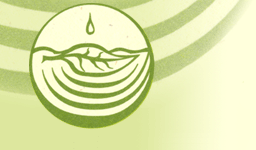
I have a running record that you don't want to break. Previous record was a person on 26 different daily medications, which I thought was outrageous. Then it happened at the Diabetes Expo in Portland, Oregon. A woman sat down and pulled out her list of medications. 33. She is on 33 medications a day. I looked at her, looked at the list, looked at her symptoms she had checked off a list of stress survey, and wanted to scream. Modern medicine is failing her. This can't be what we are hoping Americans have access to. I am hoping patients can explore their options and try Chinese medicine, acupuncture, and naturopathic medicine as they might be able to help at the very least reduce the amount of medication they are on, at best help them correct the underlying imbalance and thrive.
An analysis of 2.4 million insured adults over 65 years old in 2004 showed the average senior seeing two or more doctors filled 27 prescriptions a year and were at risk for 10 potential drug errors. Both of these numbers increased with the number of doctors a person saw. Add to this the 106,000 + adverse drug reactions per year (1966-1996 study) that lead to death (which puts iatrogenic/ doctor caused deaths the fourth-sixth leading cause of death) and we have a problem. This is not healthcare. This is disease management. I find it curious in the current debate there is no definition of health and wellness. There is only talk of the system, insurance, and access. We have a unique opportunity to address the system. I'd like to advocate for more wellness and alternatives to the current drug madness, access for all Americans to true person centered healthcare, where they could access a variety of providers if they choose.

